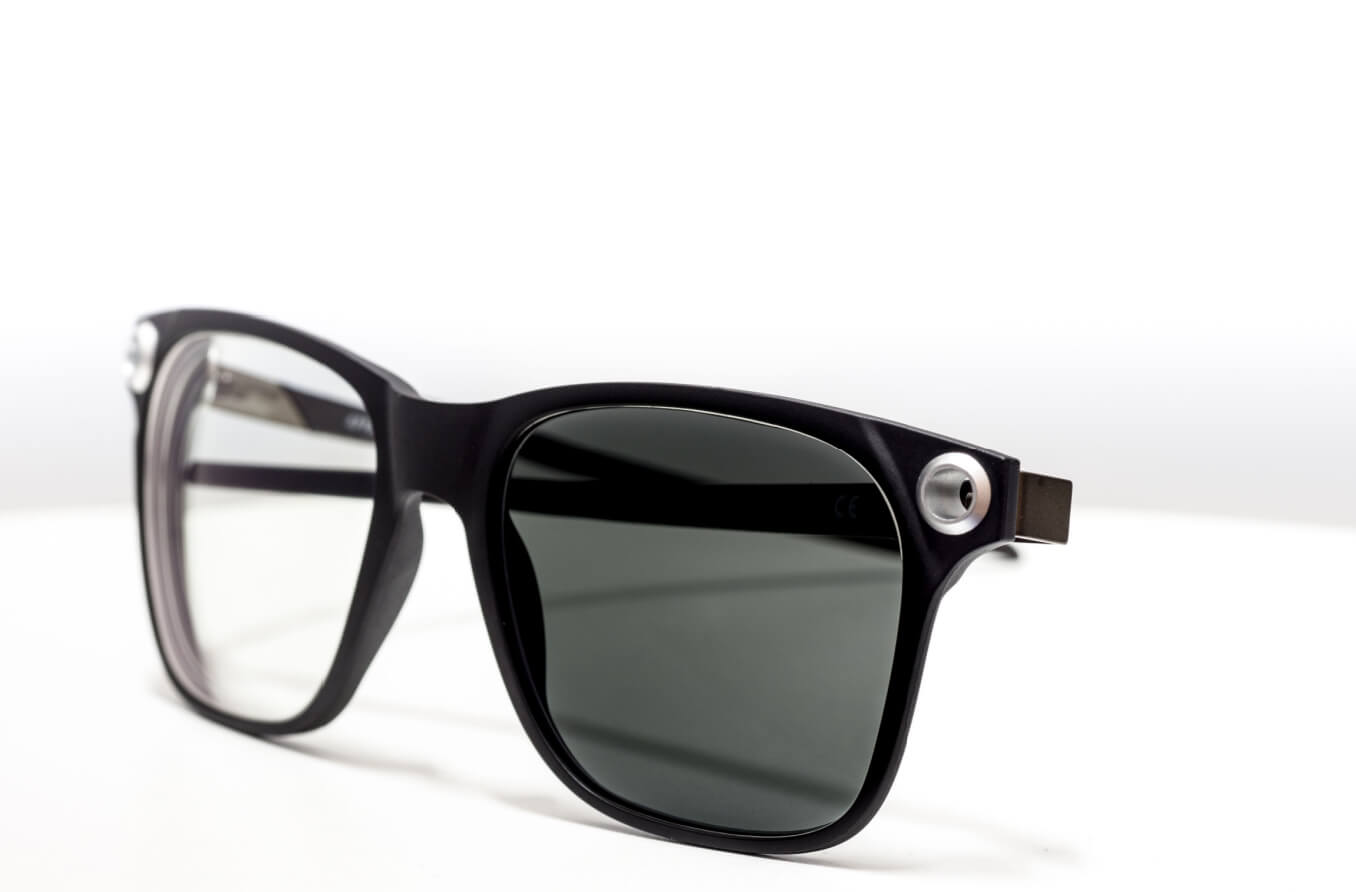Eyeglasses that adjust to light with photochromic lenses

Photochromic lenses are eyeglass lenses that are clear (or nearly clear) indoors and darken automatically when exposed to sunlight.
Other terms used for photochromic lenses include "light-adaptive lenses" and "variable tint lenses."
The most popular brand of photochromic lenses is Transitions, but there are other brands of photochromic lenses available as well.
The molecules responsible for causing photochromic lenses to darken are activated by the sun's ultraviolet radiation. Because UV rays penetrate clouds, photochromic lenses will darken on overcast days as well as sunny days.
Photochromic lenses typically will not darken inside a vehicle because the windshield glass blocks most UV rays. Recent advancements in technology allow some photochromic lenses to activate with both UV and visible light, providing some darkening behind the windshield. Ask your optician for details.
Photochromic lenses are available in nearly all lens materials and designs, including high-index lenses, bifocals and progressive lenses. An added benefit of photochromic lenses is that they shield your eyes from 100 percent of the sun's harmful UVA and UVB rays.
Because a person's lifetime exposure to sunlight and UV radiation has been associated with cataracts later in life, it's a good idea to consider photochromic lenses for children's eyewear as well as for eyeglasses for adults.
Adding anti-reflective coating to photochromic lenses enhances their performance even further. Anti-reflective coating allows more light to pass through photochromic lenses for sharper vision in low-light conditions (such as driving at night), and eliminates bothersome reflections of sunlight in bright conditions. Though photochromic lenses cost more than clear eyeglass lenses, they reduce the need to carry a pair of prescription sunglasses with you everywhere you go.
Photochromic sunglasses
Photochromic sunglasses are primarily for outdoor wear. They are not as clear indoors as other photochromic lenses, but they provide extra comfort in bright sunlight and when driving.
Photochromic lenses and blue light
Besides protecting your eyes from glare outdoors, photochromic lenses offer an additional important benefit — they help protect your eyes from harmful blue light.
Blue light contributes to digital eye strain and causes oxidative stress in the retina. It's even possible that long-term exposure to harmful blue light from sunlight and the display screens of computers, smartphones and other digital devices may increase a person's risk of macular degeneration and other eye problems later in life.
Consult your eye care professional about blue light exposure risks and which type and brand of photochromic lenses are best for your specific needs.
Ready to get your glasses?
Find an eyewear shop nearby or online to pick your lenses and frames.
Page published on Monday, 25 February, 2019






